The Intentional Pause: A Way to Get Deeper
/Regardless of that fact that we are subject to some form of it during the majority of our waking hours, communication is a difficult skill to master. Even if we aren't directly participating, we hear people's conversations on the radio, listen to podcasts, take notes in meetings, eavesdrop in the common areas at work, and drink in juicy friend gossip over an overloaded salad during lunch. In short, we are constantly communicating. Despite our daily exposure to different communication styles, many of us aren't proficient in this shared construct of verbal and nonverbal expression. Why? For many, it's out of a deep underlying narcissism and driven self-interest within the conversation we are partaking in. This sounds harsh but everyone wants their own ideas heard in order to show they are relevant. Furthermore, many of us are not patient enough to wait until our confabulation counterpart is finished with their thought to interject, stealing our chance to truly hear what someone else has to say in full. This leads to shallow conversation and is what is a driving factor in the ever-shortening attention span of our millennial generation. If we can't express a thought within a few sentences, our audience (which may be only of 1) is already thinking about how they will respond or focused on something else entirely. So how do we do better? How can we control our more self-centered tendencies and become better conversationalists in order to get deeper with those we are interested in?
Effective communication is the job of both parties. An orator and a listener. As the orator, we try to weave well-constructed sentences into thoughts or stories that aren't too long. As a listener, we attempt to hear, understand, and process the information the orator is conveying, clarifying when necessary. The listener is a hard role to play. We all seem to pay attention to and hone our oration skills more quickly than our listening ability. This makes sense; if we want people to pay attention and hear what we have to say, we need to learn how to communicate in a way that is most effective, which in many cases also means most efficient, so we can impart our ideas before being interrupted or losing our audience. What we don't work on as frequently is our ability to listen, especially in serious conversation. This is where we all could use a little more practice.
A listener needs patience. Patience is hard. In order to practice this, here's a suggestion. In your next real or deep conversation use an intentional 3-second pause. These 3 seconds will feel like an eternity, but in those 3 Mississippi's you'll likely discover more authentic and true statements than anything said prior to the initial pause.
When we share, we have internally-vetted, typically surface-level conversation items we feel comfortable sharing, but when faced with a pause, we panic and fill that painfully awkward gap with something deeper than the premeditated pleasantries, exposing truer thoughts and feelings, all because space was open for it. It’s like diving below the water and seeing the other 95% of the iceberg. People have an insatiable need to fill empty space in conversation, and as a listener, you can use this to your advantage. So the next time you are in a conversation one-on-one leave them room to give you more. Push your self-interested motivations aside, and listen. Allow them the space to expose who they are below the surface by practicing your patience with a count of 1-2-3. You may be surprised by what you hear, and enjoy how much deeper your relationships become.
Have you tried this trick before? Do you think it works? Do you have any other tips or tricks to become a better listener conversationalist? Share your experience in the comments section below.







